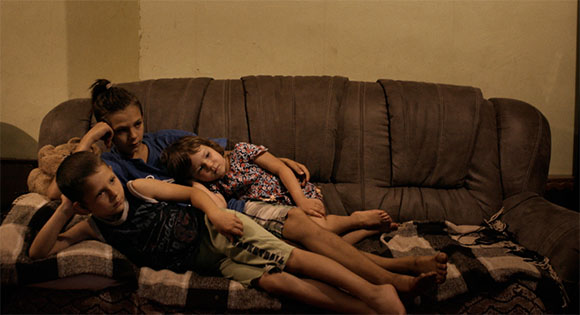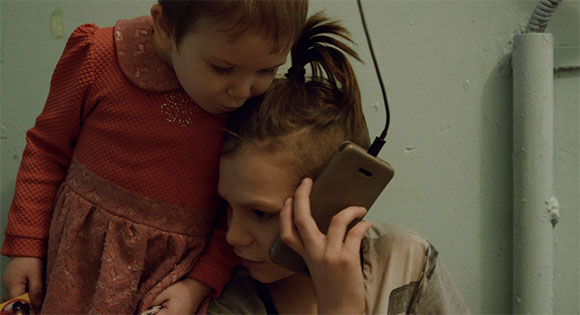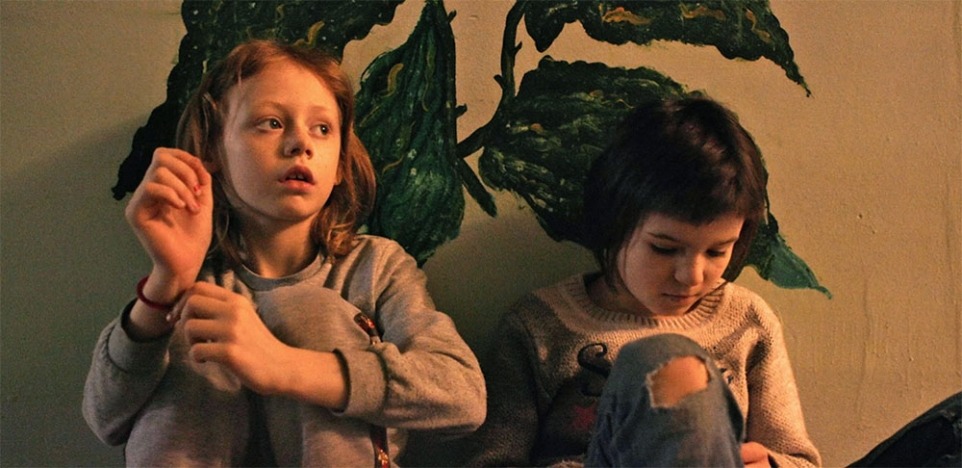The “house” in the title of this documentary is a special shelter in Eastern Ukraine. It was filmed before the Russian invasion but war was already being waged in the East. The children sent to live in this shelter are not war orphans; they are mostly children of alcoholics who can no longer take care of them. They are allowed to stay there for up to 90 days until the state courts decide whether they will be sent to an orphanage, to a foster family, or to their parents.

Three social workers provide love, support, and activities for the children. We witness the childrens’ sorrow and disappointment – trying in vain to reach a parent on the shelter’s one phone, dealing with a visitor who turns up drunk. We also see their indomitable spirit and hope. Two girls pledge to be each other’s best friends. A boy who is a bit of a troublemaker is a caring big brother for his siblings.

A film like A House Made of Splinters gives us opportunities to increase our capacity for empathy. We can practice empathizing with children who are separated from their families due to war. We can empathize with children who are children of alcoholics. We can emphathize with caregivers and social workers who are doing their best to provide for those who are suffering. Here’s a simple way to practice empathy with a film.
As you watch the film, notice when your attention is focused on a child or a situation. If you can, pause the film so you can spend some quiet time looking at the image that speaks to you. Then ask yourself: What would it be like to be in this child's shoes — to see our world through his or her eyes — to have the kinds of feelings this child might be having right now — to experience what this child is experiencing? Do the same exercise with one of the adults in the film.
